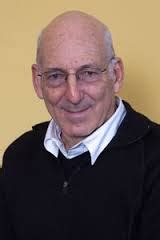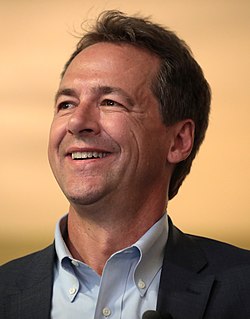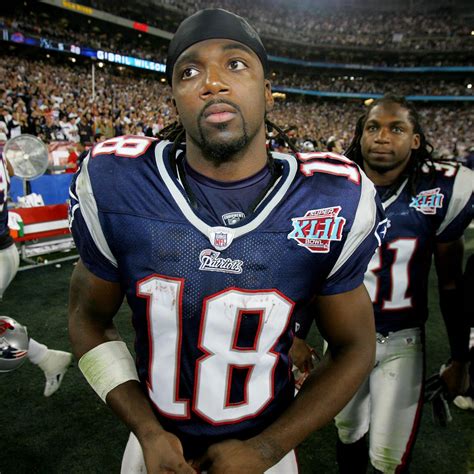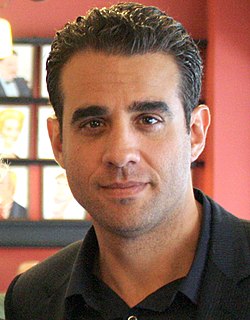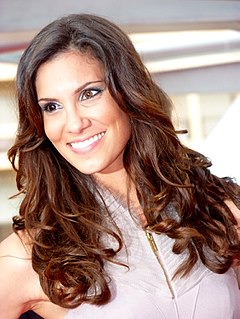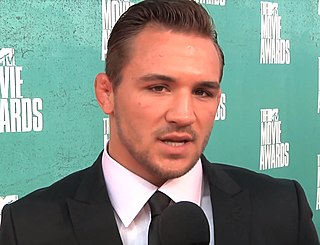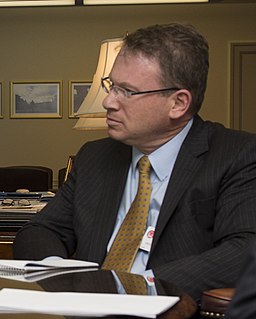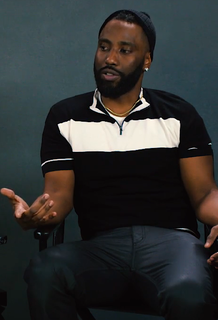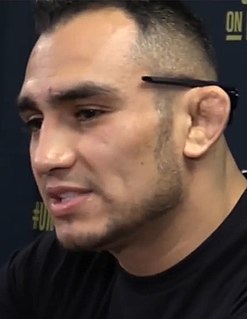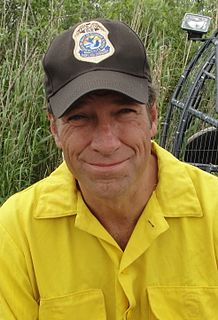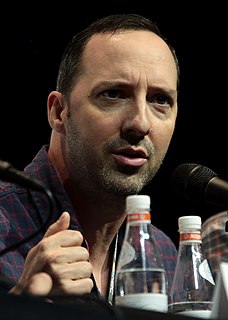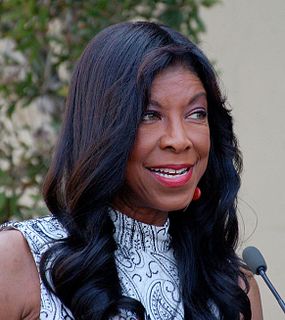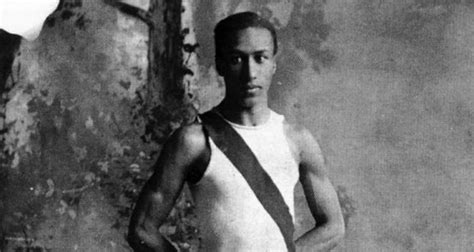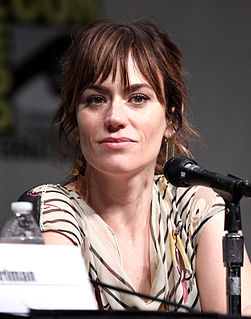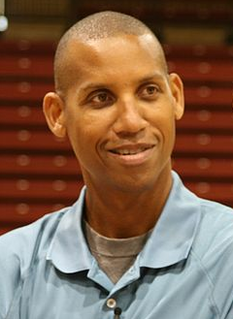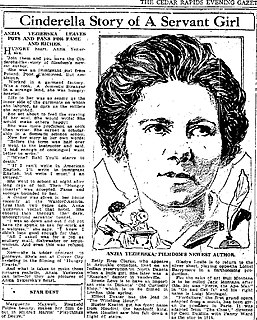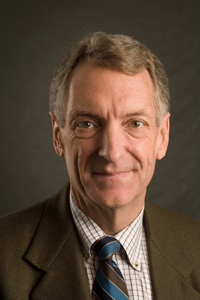Top 1200 College Professors Quotes & Sayings - Page 17
Explore popular College Professors quotes.
Last updated on April 20, 2025.
The radicals...want speech regulated by codes that proscribe certain language. They see free speech as at best a delusion, at worst a threat to the welfare of minorities and women....The most obvious (and cynical) explanation for the switched positions is the switched situations. Protesting students became established professors and administrators. For outsiders, free speech is bread and butter; for insiders, indigestion. To the new academics, unregulated free speech spells trouble.
I also liked it when professors assigned us stories that they love. In general, I liked workshops more when they were more than just a workshop, when the professor took the time to actually guide us as young writers and teach us things it took them a long time to figure out on their own. I could probably write ten pages on this question.
If young gentlemen get from their years in college only manliness, esprit de corps, a release of their social gifts, a training ingive and take, a catholic taste in men and the standards of true sportsmen, they have gained much but they have not gained what a college should give them. It should give them insight into the things of the mind and the spiritthe consciousness of having taken on them the vows of true enlightenment and of having undergone the discipline, never to be shaken off, of those who seek wisdom in candor, with faithful labor and travail of spirit.
Malcolm Gladwell was on TV talking about wanting to have college football banned. It's interesting just because of him even bringing the topic up. Sooner or later, whether people are for or against it whether they like it or not, that is going to be a discussion that is going to come up. That's how it all starts - someone brings up the inquiry: Should we continue to let our children play Pop Warner, high school, and college football? Ten, 15, 20 years from now, who knows where that conversation is going to be.
Her professors were astonished by her leaps of thought, by the finesse and elegance of her insights. She arrived at hypotheses by sheer intuition and with what eventually one of her mentors described as an almost alarming speed; she was like a dancer, he said, out in the cosmos springing weightlessly from star to star. Drones, merely brilliant, crawled along behind with laborious proofs that supported her assertions.
When I studied computer science at Duke University in the first half of the 1980s, I had professors who treated women differently than men. I kind of got used to it. At Microsoft, I had to use my elbows and make sure I spoke up at the table, but it was an incredibly meritocratic place. Outside, in the industry, I would feel the sexism. I'd walk into a room and until I proved my worth, everyone would assume that the guy presenting with me had credibility and I didn't.
Each year more than 100,000 high school graduates, with proved ability, do not enter college because they cannot afford it. And if we cannot educate today's youth, what will we do in 1970 when elementary enrollment will be 5 million greater than 1960? And high school enrollment will rise by 5 million. College enrollment will increase by more than 3 million.
Economic analysis is the first principle of Marxism. Professors who were genuine leftists would have challenged the entire economics-driven machinery of American academe the wasteful multidepartmental structure, the divisive pedantry of overspecialization, the cronyism and sycophancy in recruitment and promotion, the boondoggling ostentation of pointless conferences, the exploitation of graduate students and part-time teachers, the subservience of faculty to overpaid administrators, the mediocrity and folly of the ruling cliques of the Modern Language Association.
Bernie Sanders did not wake up last night with this great idea that we should guarantee health care to all people as a right. Actually, it exists in every other major country on earth. You don't know that, because the media has forgotten to tell you that. But it does exist. In Denmark, because of union negotiations, the minimum wage is about $20 an hour. In Germany, you go to college tuition-free. In Finland, they actually pay you to go to college. Now, you don't know that in America because CBS forgot to tell you. But that is the reality.
Barack Obama is the most Jewish president we've ever had (except for Rutherford B. Hayes). No president, not even Bill Clinton, has traveled so widely in Jewish circles, been taught by so many Jewish law professors, and had so many Jewish mentors, colleagues, and friends, and advisers as Barack Obama.
My rebellion was telling my dad, "No, you're wrong, you don't know what's best for me. I'm not gonna waste my time in college." You know the story. He thought he was an abject failure 'cause he didn't convince me to go to college. I didn't rebel against my dad's economic status. I didn't rebel against what I thought were old-fashioned, archaic moral values. I didn't rebel by going out and wrecking the car and getting drunk and being irresponsible. I rebelled against their assumption they knew better than I did, what I wanted, and what I needed.
And therefore you who think so basely of the gospel and the professors of it, because at present their peace and comfort is not come, know it is on the way to them, and comes to stay everlastingly with them; whereas your peace is going from you every moment, and is sure to leave you without any hope of returning to you again. Look not how the Christian begins, but ends. The Spirit of God by his convictions comes into the soul with some terrors, but it closeth with peace and joy.
(Heinrich von) Kleist would not be a Prussian if his first thought would not have been orderlinessand he would not be a German if he had not placed all his hopes of developing this inner orderliness into education. Education is the secret of life for him as for every German: studying, learning a lot from books, sitting in lectures, keeping notebooks, listening intently to professors.
I would beg the wise and learned fathers (of the church) to consider with all diligence the difference which exists between matters of mere opinion and matters of demonstration. ... [I]t is not in the power of professors of the demonstrative sciences to alter their opinions at will, so as to be now of one way of thinking and now of another. ... [D]emonstrated conclusions about things in nature of the heavens, do not admit of being altered with the same ease as opinions to what is permissible or not, under a contract, mortgage, or bill of exchange.
The late Rev. Peter Gomes at The Memorial Church at Harvard was a true mentor to me when I was in college. He instilled in me a commitment to service, saying that it's not enough to believe in service, or support those who serve - you ought to find a way yourself to serve. When I looked at different options after college, nobody inspired me more than the 18- and 19-year-olds who serve on the front lines of our nation's military. Serving with them in the Marines as we together served our country was the greatest honor of my life to date.
We've now got a group of young people in this country who for all practical purposes are American. They grew up here. They've gone to school here. They don't know anything other than being American kids. But their parents may have brought them here without all the proper paperwork - might have brought them here when they were three, might have brought them here when they were five. And so, lo and behold, by the time they finish school, and they're ready to go to college, they find out they can't go to college and, in fact, their status as Americans are threatened.
The number one problem in academia today is not ignorant students but ignorant professors, who have substituted narrow "expertise" and "theoretical sophistication" (a preposterous term) for breadth and depth of learning in the world history of art and thought... Art is a vast, ancient interconnected web-work, a fabricated tradition. Overconcentration on any one point is a distortion. This is one of the primary reasons for the dullness and ineptitude of so much twentieth-criticism, as compared to nineteenth-century belles-lettres.
[Miranda Hentoff] was teaching once at Lincoln Center, and the hall was full of other professionals - musicians, professors, teachers. And she was explaining how [Béla] Bartok composed his second piano concerto. And she explained how the music was interwoven with the rhythms and what he had in his mind. And I was just stunned. This is a kid who used to work - on a piano with a cracked keyboard.
I have also been attacked by my opponents as someone seeking to purge university faculties of leftist professors. This is false. The first provision of the Academic Bill of Rights is that no professor should be hired or fired because of his or her political views. I have never myself called for the firing of any professor for his or her political views, nor would I.
I was in college - Carnegie Mellon, which is one of the reasons Pittsburgh was appealing to me - and I personally feel that whole world of what we used to call "college radio" is a big part of what kept me sane through a period where I stopped dating, I felt like a freak, I felt like no girl would like me. You know, a very adolescent response to losing my hair. I turned to obsessing about The Replacements and The Smiths and R.E.M. and getting further into The Velvet Underground. People who, in my sheltered suburban life, I knew of, but didn't know fully.
At last I came to college. I rushed for it with the outstretched arms of youth's aching hunger to give and take of life's deepest, and highest, and I came against the solid wall of the well-fed, well-dressed world - the frigid whitewashed wall of cleanliness. ... How I pinched, and scraped, and starved myself, to save enough to come to college! Every cent of the tuition fee I paid was drops of sweat and blood from underpaid laundry work. And what did I get for it? A crushed spirit, a broken heart, a stinging sense of poverty that I never felt before.
Seminary also introduced me to the historical study of Jesus and Christian origins. I learned from my professors and the readings they assigned that Jesus almost certainly was not born of a virgin, did not think of himself as the Son of God, and did not see his purpose as dying for the sins of the world. .. I also found the claim that Jesus and Christianity were the only way of salvation to be troublesome.
I actually felt like college was a much better and more comfortable environment for me than high school was. I think that can largely be attributed to the fact that I go to Barnard, which is a women's college that promotes women's leadership, a strong community and independence which are all things I obviously value. Before I got to school I think I expected most women there to identify as feminist, which I found wasn't necessarily the case, but I loved that I was able to have really intelligent and stimulating conversations with women about feminism no matter how they identified.
I see top business schools working to bridge this gap [between academic research and business application] by respecting executive education, by having more mature students who proactively draw from faculty what they know they need, and by having faculty who are willing to leave their ivory towers for the murky world of business reality. Unfortunately, at other times, business professors have little or not interest or savvy about business issues.
